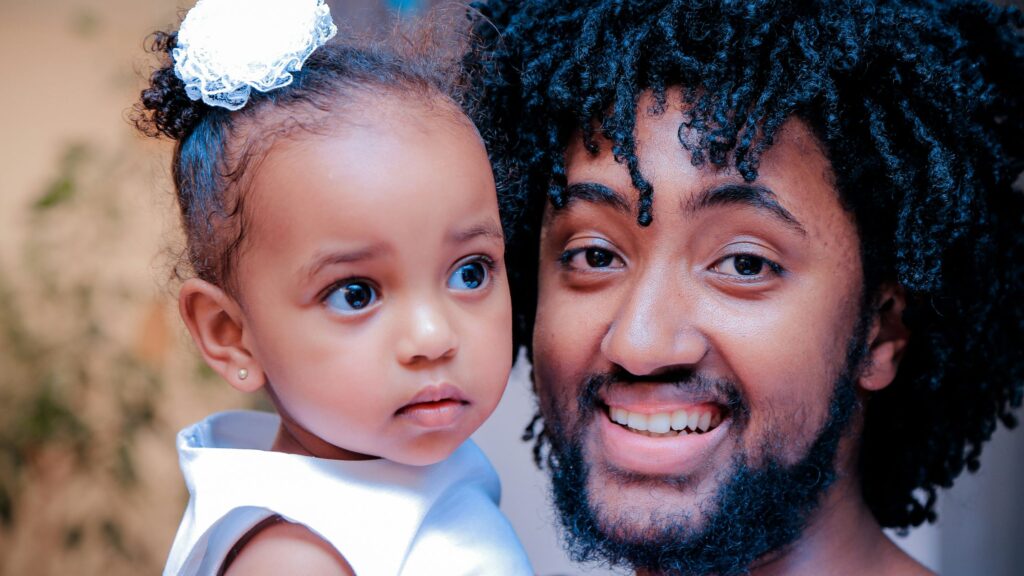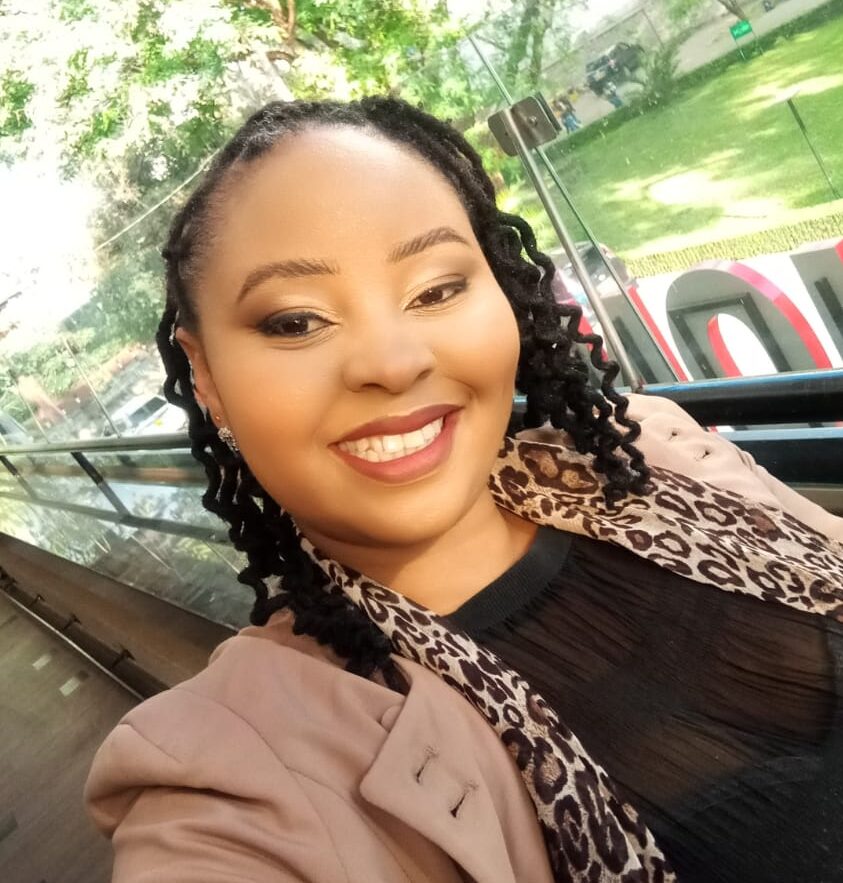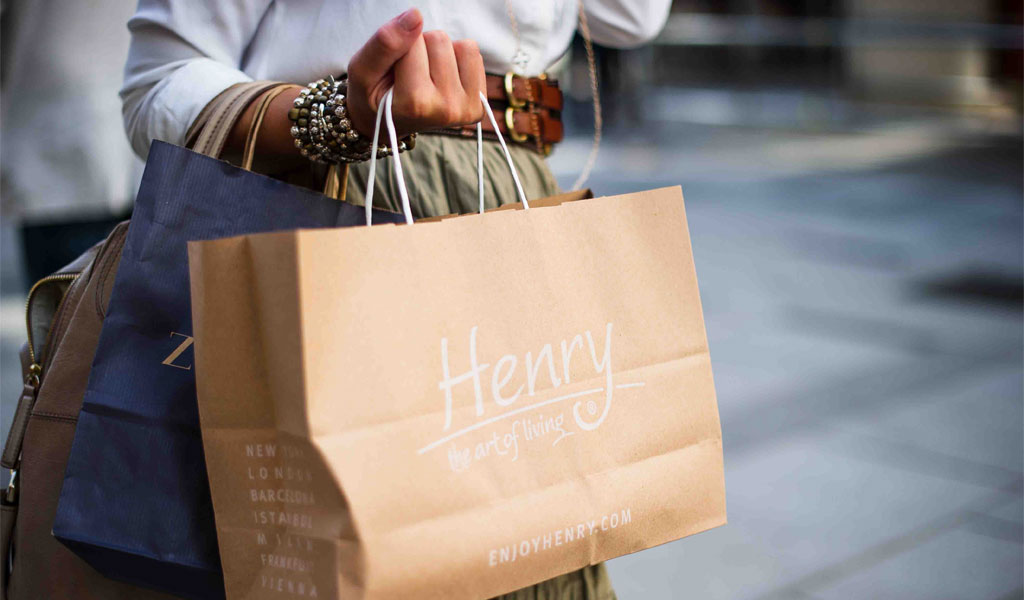
For generations, society has celebrated mothers as the heart of the family. The emotional anchor, the nurturer and the one who remembers dentist’s appointments. And rightly so. But in that celebration, we have often overlooked the quiet, powerful presence beside her: Dad.
Dad. The one tossing you in the air as a baby, probably a little too high. The one pretending to be Superman and checking for monsters under your bed. Showing you how to ride a bike, read a book and later, teach you how to parallel park, to buy land and file your taxes.
Beyond the dad jokes, barbecues and occasional emotional awkwardness, research has started to echo something that many of us know deep down: Dads matter more than we ever gave them credit for.
Dads Wire Our Brains.
For a long time, child development focused almost entirely on mother-child bonds. However, science is now shedding light on the father-child bond. While the mother-child bond is essential, psychologists and neuroscientists are learning that dads play an equally vital role in the development of the child.
Studies show that involved fathers help their children develop higher self-esteem. They perform better academically, have a lower risk of behavioral problems, and show improved social and emotional skills. Besides, they also show greater confidence and resilience.
When dads are emotionally present, children are more likely to thrive. They handle stress better. Why? Because dads often provide a sense of security. Often different but complementary to a mother’s comfort.
Fatherhood Rewires the Male Brain.
You’ve probably watched those spy movies where an international emissary retires because he has a family and wants to shield them from the dangers of espionage. You see a dangerous killer transform into a clown who would do anything to make his children happy. This is not just a fantasy tale; it is science. Becoming a father doesn’t just change a man’s schedule- it changes his brain.
Research shows that fathers experience hormonal shifts, including drops in testosterone and spikes in oxytocin and prolactin. The same ‘bonding’ hormones we see in moms. This biological shift makes men more nurturing, empathetic and responsive to their child’s needs.
In short, that gruff, emotionally reserved Mike Tyson guy, who used to flinch at diaper commercials- is biologically softened by your existence.

The Unique Role of Dads.
Let’s be real. Many dads don’t parent exactly like moms do. And that is the whole point. The parenting style is not any lesser either, just different.
Dads are more likely to engage in rough- and tumble play. It may look chaotic, but it teaches risk-taking, emotional regulation and boundary-setting.
A dad might say, “Try it on your own,” not because he doesn’t care, but because he believes in your ability to handle challenges and problems. It encourages independence, and you develop a knack for problem-solving.
While a mom may ask, “How do you feel?” a dad might say, “I have been there too” Each offers the emotional support you require as you grow and tackle life’s problems. Each teaching various variations of emotional depth.
Consequently, children who experience multiple models of love, emotional expression and strength grow into more balanced and adaptable adults. Perhaps the best course would be to allow dads to be dads and not expect them to parent from mom’s playbooks.
What Happens When Fathers Are Absent?
With fathers absent, raising children falls squarely on the mother. In a society of more single mothers, statistics show there are more cases of incarceration, teen pregnancy, increased poverty and lower educational achievement.
This is not about shaming single mothers or complex family structures because many families thrive without a present father. But it is not that moms fail. It is because children often lack that second anchor, a balance of energies that helps form their identities. Father figures are essential. Biological or chosen, they help fill that void.
Fatherhood Today.

The good news is that we are in the middle of a quiet revolution. A different generation choosing a different route for themselves. Consciously choosing to have or not to have children. As a result, modern fatherhood looks different than it did 50 years ago.
More fathers are calling out the patriarchal BS and taking up more than just the financial role in their children’s lives. Today, dads are taking part in their children’s extracurricular activities- running around in potato sacks on a Saturday morning or watching their children fumble their lines on stage, but that doesn’t matter because daddy was there.
More dads are stay-at-home parents and are involved in emotional caregiving. They are choosing to parent in ways they wish they had been parented. Correcting generational mistakes and giving their offspring a clean break.
And let’s not forget the dads who step in when others step out. The stepfathers, grandfathers, uncles, and mentors- all shaping young lives in ways that ripple for generations.
Final Thoughts.
Fatherhood is not an act; it is a presence. It is not about perfection or knowing all the answers. It is about showing up. Staying curious, being consistent, and loving your language, even when that language is sarcasm, grilled meats, and detailed instructions on how to mow the lawn.
This Father’s Day, let’s look beyond the cliches. Let’s honour the emotional labour, the growth, the quiet strength and the active love that modern fatherhood represents because dads don’t just raise children. They shape futures.
Happy Father’s Day!!♥

Mourine Warui is a media and communication expert and seasoned writer. Her goal is to empower and offer solutions to everyday girl’s problems while provoking candid and authentic conversations. Other goals are to provide inspiration and entertainment to readers through creative, thought-provoking and edgy stories.

